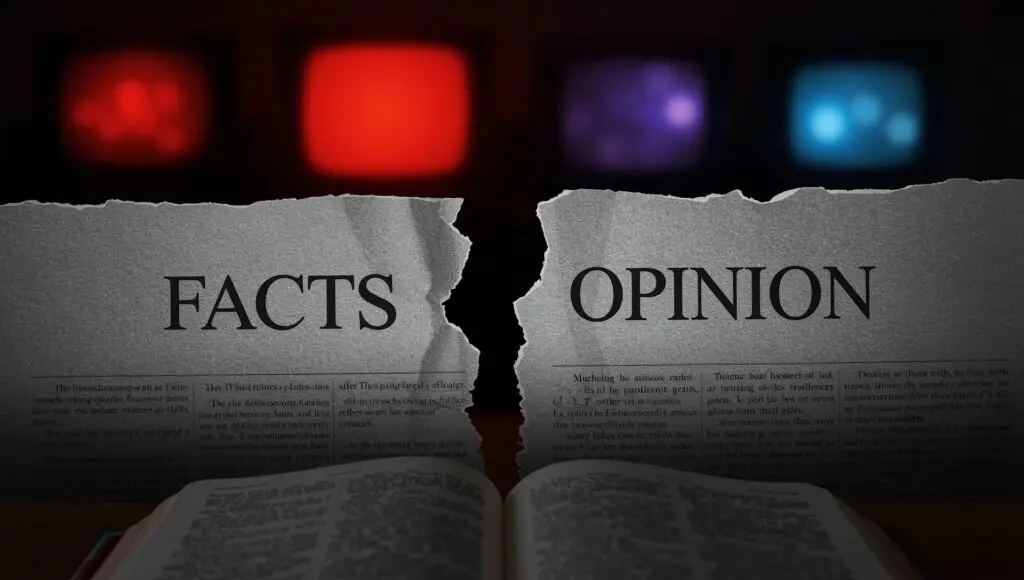
Introduction
The tragic death of Charlie Kirk shook me, not just because of the violence itself but because of the ripple effects it set off in our country. It raised questions about free speech, media responsibility, and how we as Christians should respond when people say things we strongly disagree with.
In the days that followed, two moments stood out to me. First, the suspension of Jimmy Kimmel after his controversial comments about Kirk. And second, my own wrestling with why I, as a conservative Christian, believe it’s important to protect free speech even for those whose words offend me.
This article is my attempt to process both. My hope is not to provide all the answers, but to share my perspective, and maybe spark reflection on how we can do better as a nation — and as believers.
Free Speech and the Media
When Jimmy Kimmel was suspended for his remarks about Charlie Kirk, I didn’t agree with what he said. In fact, I found it offensive. But I also don’t believe the government should be deciding who gets to speak. The FCC chair condemned him, affiliates threatened to pull the show, and Disney pulled the plug. That kind of government pressure, mixed with corporate fear, isn’t how free speech is supposed to work.
To me, though, the bigger issue is the media itself. News is supposed to give us facts — what happened, when, where, and how. But that’s not what we get anymore. Instead, networks push narratives. They ignore stories that don’t fit their agenda. They blur the line between reporting and opinion. And too often, they gaslight the public until the truth is nearly impossible to find.
A late-night rant should never be mistaken for news. But neither should the commentary we see presented as “news” on cable networks. If it’s opinion, then clearly call it opinion. If it’s reporting, then stick to the facts. Mixing the two doesn’t just create confusion — it creates blind spots, where stories that don’t match the narrative get left out altogether. And all too often, this is done for ratings.
I believe the solution is simple: separate facts from commentary. Give us the news straight, balanced, and factual. If networks want to have opinion shows, fine — but label them clearly, so people know exactly what they’re watching. Honest reporting matters, because without it, citizens can’t make informed decisions.
Why Christians Should Defend Free Speech
That leads to a question I know some of my fellow believers may ask: Why would a conservative Christian defend free speech for people who don’t share my faith — or even for those who say things I find offensive? Shouldn’t I want those voices silenced?
Here’s how I see it. Free speech isn’t about approving of every word spoken. It’s about protecting the space for truth to be heard. If others lose their right to speak, I risk losing mine as well — and that includes the right to share the gospel.
The Bible calls me to love others, even when I disagree: “But I say to you, love your enemies and pray for those who persecute you” (Matthew 5:44). It teaches that faith comes by hearing the Word of Christ: “So faith comes from hearing, and hearing through the word of Christ” (Romans 10:17). And it reminds me that judgment belongs to God, not me: “There is only one lawgiver and judge… But who are you to judge your neighbor?” (James 4:12).
Supporting free speech doesn’t mean I embrace every message. It means I trust God’s truth to stand on its own. It means I believe that if people are allowed to hear all voices, the message of Christ can still break through and transform hearts. And it means I refuse to hand government or media the power to decide whose voice is allowed — because sooner or later, that power will be used against us too.
If I want the freedom to talk about Jesus, I must be consistent in defending that same freedom for others — even those I believe are wrong. Silencing them isn’t the answer. Speaking truth in love is.
Conclusion
We live in a divided time. The media spins. Politicians posture. People cancel each other over every disagreement. But as Christians, and as Americans, we should rise above that. We should defend free speech, insist on honest reporting, and refuse to confuse commentary with fact.
I don’t have all the answers, but I know this: truth doesn’t need censorship to survive. It needs freedom. And I believe God’s truth will always shine brightest when given the chance to be heard.
